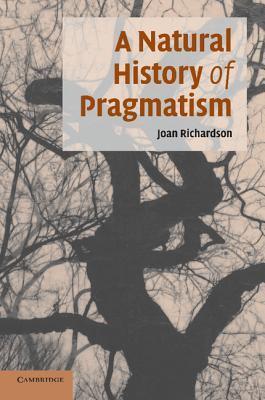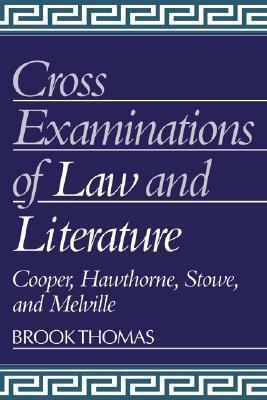
Cross-Examinations of Law and Literature: Cooper, Hawthorne, Stowe, and Melville
还没有评分
Science Fiction
格式
平装书
页数
316
语言
英语
已发布
May 31, 1991
出版商
Cambridge University Press
ISBN-10
0521409705
ISBN-13
9780521409704
描述
Brook Thomas delves into the intricate relationship between law and literature, exploring how legal thought influences and shapes literary narratives. He examines the works of prominent authors like Cooper, Hawthorne, Stowe, and Melville, analyzing their engagement with legal concepts and themes. This multifaceted study reveals how these writers grapple with issues of justice, moral responsibility, and societal norms through their storytelling.
By intertwining textual analysis with legal frameworks, Thomas presents a compelling argument for the significance of legal discourse in understanding literary texts. He extends the conversation beyond mere literary critique, suggesting that literature itself serves as a reflection of legal ideals and dilemmas. The work offers fresh insights into the moral and philosophical underpinnings that connect the two domains.
Through this thought-provoking examination, readers gain a deeper appreciation for the ways in which literature can entertain, provoke thought, and challenge legal principles. Thomas's work illuminates the ongoing dialogue between law and literature, inviting readers to reconsider the boundaries that separate these two fields.
By intertwining textual analysis with legal frameworks, Thomas presents a compelling argument for the significance of legal discourse in understanding literary texts. He extends the conversation beyond mere literary critique, suggesting that literature itself serves as a reflection of legal ideals and dilemmas. The work offers fresh insights into the moral and philosophical underpinnings that connect the two domains.
Through this thought-provoking examination, readers gain a deeper appreciation for the ways in which literature can entertain, provoke thought, and challenge legal principles. Thomas's work illuminates the ongoing dialogue between law and literature, inviting readers to reconsider the boundaries that separate these two fields.
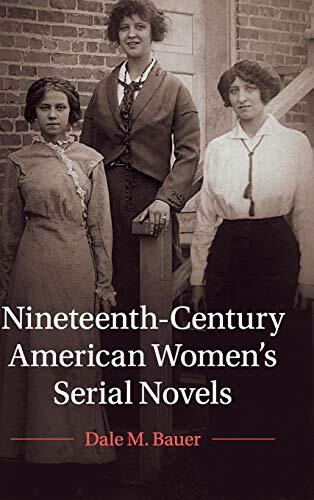
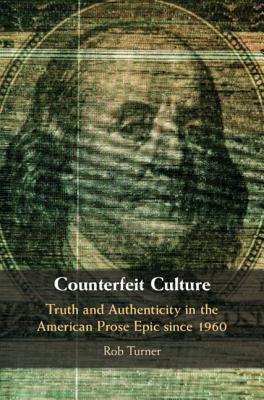
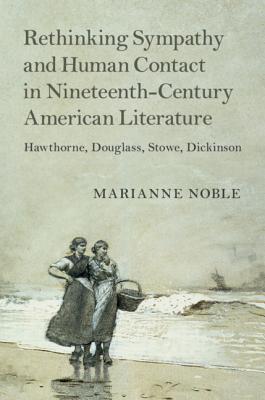
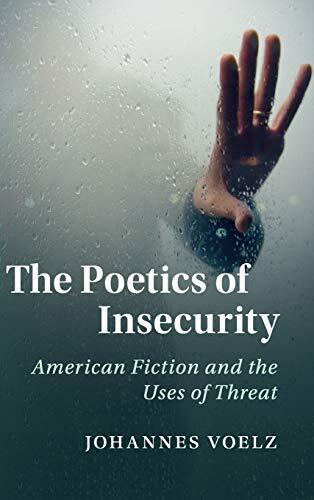

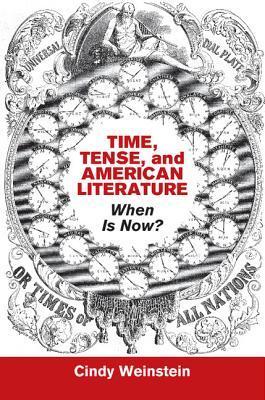
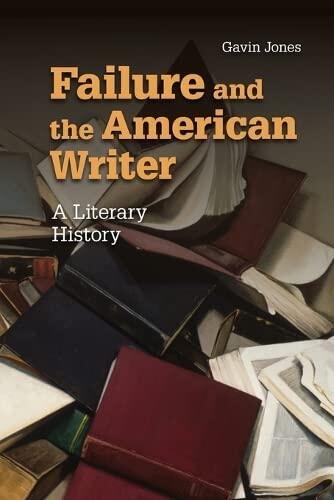
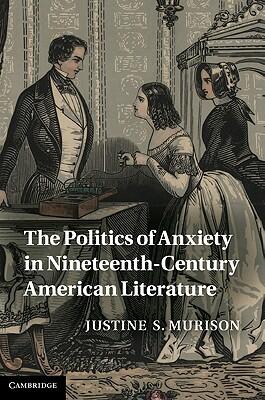
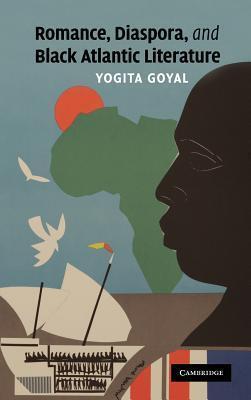
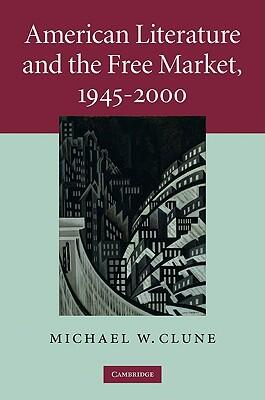
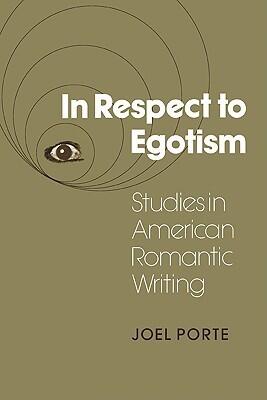
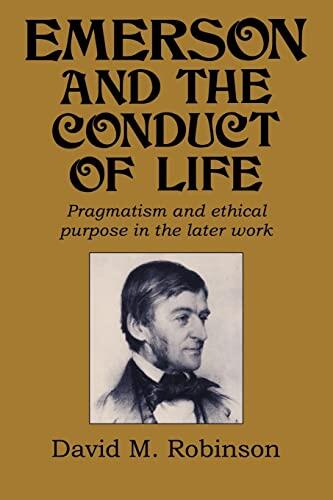
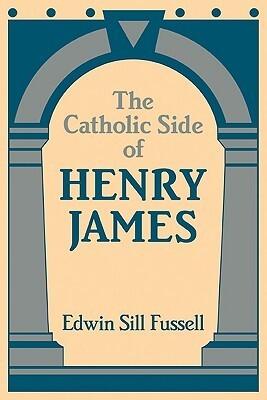
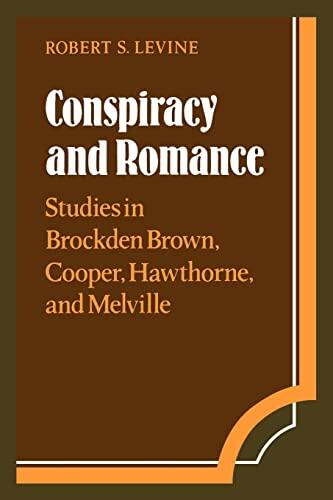
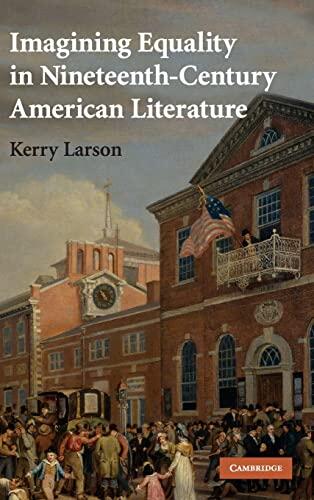
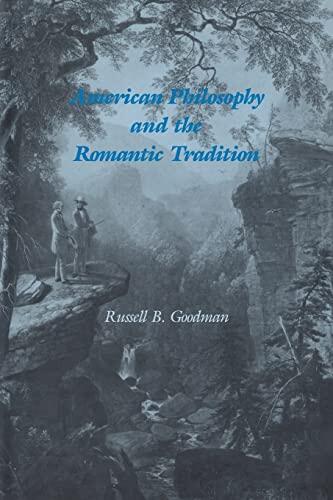
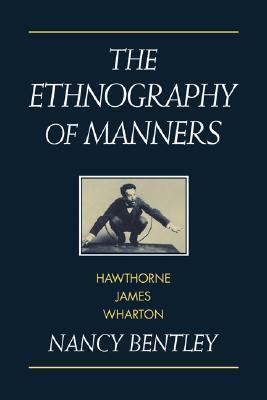
![[ [ [ The Ethnography of Manners: Hawthorne, James and Wharton[ THE ETHNOGRAPHY OF MANNERS: HAWTHORNE, JAMES AND WHARTON ] By Bentley, Nancy ( Author )Aug-16-2007 Paperback](https://images.bookpine.com/8f14c633-9627-4ed9-ae45-8e80f9f43331.jpg)
